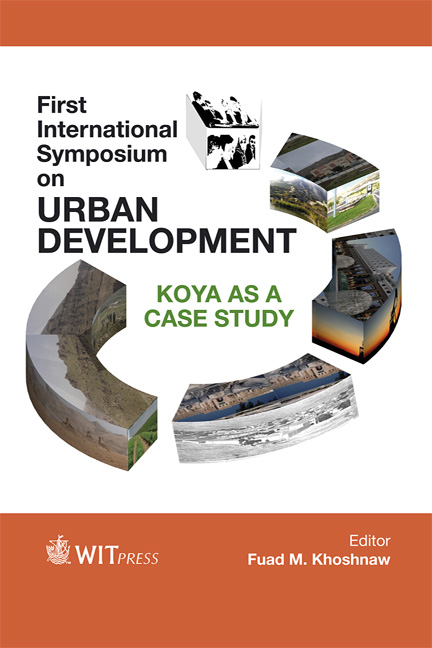Evaluation Of Sustainability Of Conventional Agroecosystems And Introduction Of Ecological Farming Systems In The Zagros Region, Iran: A Necessity Towards Sustainable Rural Development
Price
Free (open access)
Volume
77
Pages
10
Page Range
247 - 256
Published
2014
Size
65 kb
Paper DOI
10.2495/ISUD130321
Copyright
WIT Press
Author(s)
M. Nael & S. H. Matinkhah
Abstract
Urban development is inconceivable without rural development. In sustainable rural development, agroecosystems are considered as self-sufficient systems, which should imitate and follow laws of nature. Quite the contrary, deforestation, overgrazing, conversion of rangelands to dryland farming and conventional managements of irrigated farmlands, such as monoculture, heavy tillage, unsound use of chemicals and fertilizers, are widespread and humanity and environment are suffering from them. Now, the only thing that prevents new villagers of Kurdistan to accept and practice these unsound managements is knowledge. First, to understand concretely the consequences that conventional managements have on the quality and health of their lands and crops; second, to have sufficient knowledge about the alternative, sustainable agricultural practices. Accordingly, the main goal of this study is to increase this twin awareness in the Koya region. This will be done firstly through, the evaluation and comparison of sustainability of current agroecosystems via a soil quality approach, and secondly, by introducing sustainable agroforestry systems via characterization of the existing practices in the study area, and by referring to the agroforestry systems which previously characterized the Zagros region of Iran. Thus, the objectives of this study are fourfold: 1. Characterizing and registering the situation of conventional agricultural practices and customs of the Koya region.
Keywords
sustainable rural development, soil health, indigenous knowledge, agroforestry





